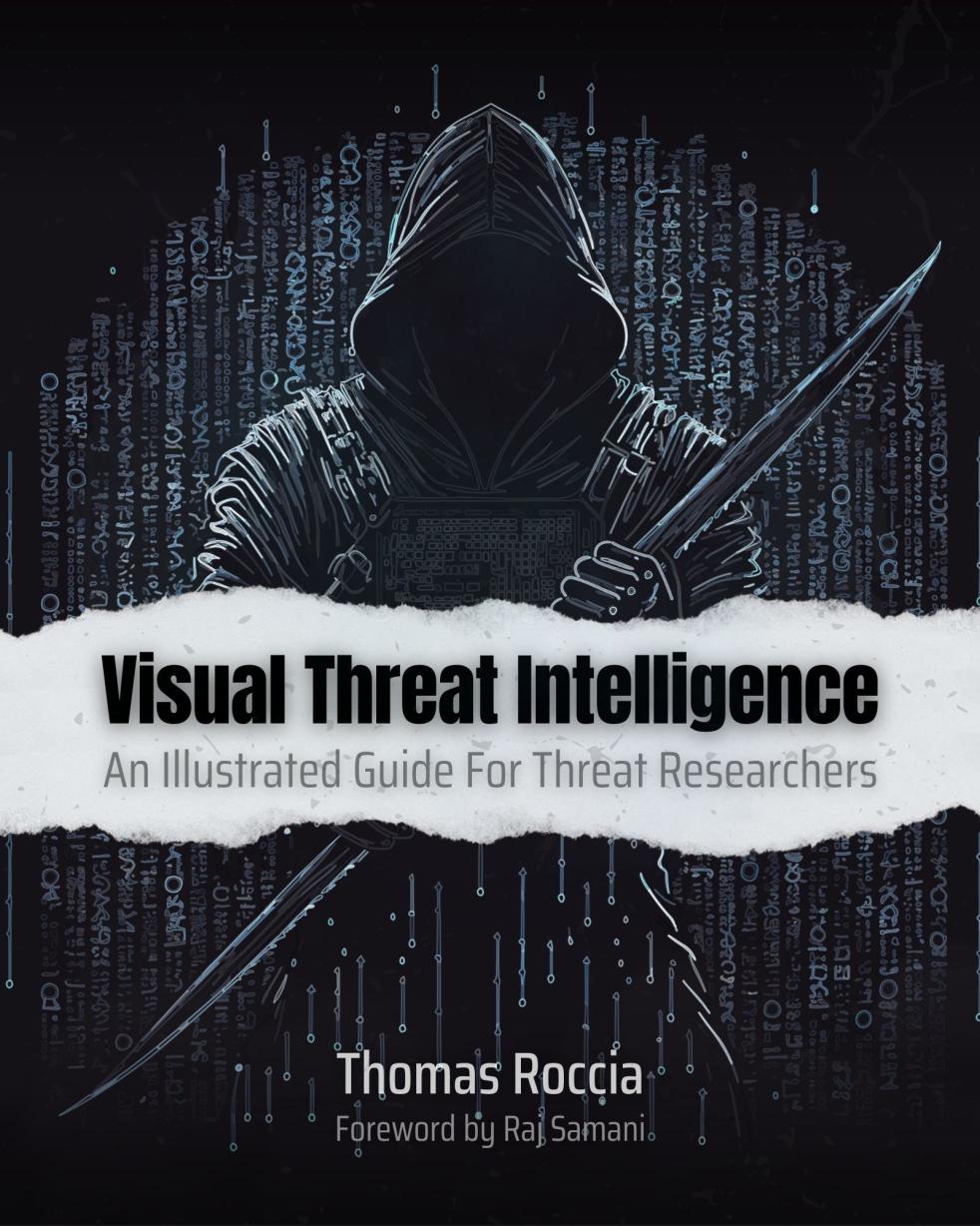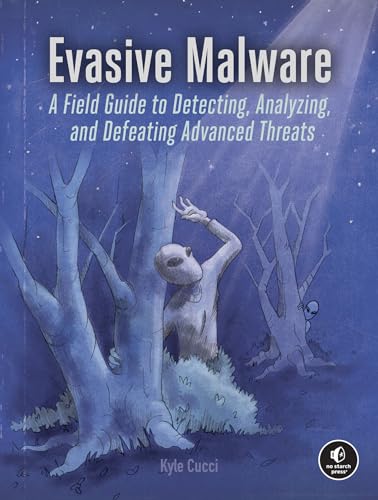
Unprotect Project
Malware authors spend a great deal of time and effort to develop complex code to perform malicious actions
against a target system. It is crucial for malware to remain undetected and avoid sandbox analysis, antiviruses
or malware analysts. With this kind of techniques, malware are able to pass under the radar and stay undetected
on a system. The goal of this free database is to centralize the information about malware evasion techniques.
This project aims to provide Malware Analysts and Defenders with actionable insights and detection capabilities
to shorten their response times.
6.3.1 / Last Update: 2025-09-30
Why malware use defense evasion techniques?
One of a big challenge is to detect the malware the fastest possible but also to understand its capabilities. Using self defending techniques increase the time of detection and analysis and allow the malware to perform malicious actions.
If malware is detected just after having been propagated it has little time to steal data or to maximize its impact. The Cybersecurity market is becoming more mature and security tools and applications are today more efficient. However attackers understand and monitor the operation of these tools also.
In addition to that, best practices are not always respected. If a malware evade the antivirus, the sandbox, the firewall and other, it has the time to steal data during the time where it stays undetected. As well, once the malware is caught, it will be analysed by a security analyst that will statically and dynamically analyse it, then create a detection signature.
This time is critical for malware but also for companies:
- For attackers, the longer the time of detection, the more malicious actions the malware can perform against its target.
- For companies the shorter the time of detection, the less malicious actions the malware can perform.
It is a big challenge for both companies and attackers.
Behind the Scene
How to contribute?
Get in touch with our team for:
- Adding a new technique to the database.
- Modifying or updating an existing technique.
- Adding a new code snippet for an existing technique.
Contribution is actually only possible through our official Github repository.
Contributors Top 12
Featured In
mbc-markdown
The Malware Behavior Catalog (MBC) is a catalog of malware objectives and behaviors, created to support malware analysis-oriented use cases, such as labeling, similarity analysis, and standardized reporting.
View ProjectMatterBot
MatterBot is a two-part extensible Python bot framework that provides a scheduled feed of information sources to your Mattermost channel(s), and listens in channel(s) for commands to trigger the appropriate module(s). Topics
View ProjectCAPE Sandbox
CAPE Sandbox is an Open Source software for automating analysis of suspicious files. To do so it makes use of custom components that monitor the behavior of the malicious processes while running in an isolated environment.
View ProjectFeatured Books

Visual Threat Intelligence is an engaging, succinct guide that explains critical concepts in a visually rich format using real-world examples. This resource covers essential topics such as threat intelligence basics, threat actors' motivations, and important methodologies like the threat intelligence lifecycle, the Diamond Model, and the MITRE ATT&CK framework. You'll discover key analysis tools like YARA, Sigma, and MSTICpy, and learn from notable cyberattacks. Offering a simple yet compelling exploration of cybersecurity, this book serves as an excellent resource for both refreshing knowledge and understanding the practical application of threat intelligence.
By Thomas Roccia

Immerse in the compelling world of evasive malware with this book packed with practical information, real-world examples, and advanced techniques for analyzing evasive malicious software. Gain insights on malware analysis within the Windows OS context, learn about malware's anti-detection tricks and how it bypasses security controls, understand victim targeting, and discover anti-forensics techniques. The book concludes with constructing an anti-evasion analysis lab. A succinct resource on modern evasive malware threats, malware analysis, and reverse engineering.
By Kyle Cucci


